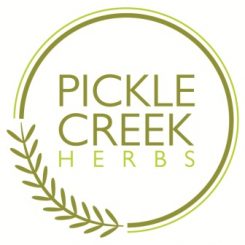
Get to know Jocelyn + Tim of Pickle Creek Herbs.
Tell us a little about the make-up of your farm or business. Are you a family operation? Are you beginning farmers? Has the farm been in your family for 100 years? Share whatever is unique or interesting here.
Tim and I were Chicagoland chemists until one September weekend when we volunteered at Angelic Organics, a big CSA farm northwest of Chicago. We walked onto that farm as chemists, and we walked off that farm as future gardeners. Half a year later we quit our chemistry jobs to return to the “family farm”—the 100 acres that Jocelyn’s family homesteaded back in the day—to start growing vegetables and herbs.
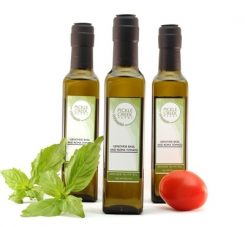 What does your farm or business specialize in? What is your primary business model?
What does your farm or business specialize in? What is your primary business model?
We specialize in organic herbs, garlic, berries, peppers, and tomatoes. We sell herb, tomato, and pepper transplants in the spring, dried herbs throughout the year, and garlic in the fall. We also make herb-infused olive oils and vinegars, jams, soaps, salves, and lip balms that we sell all year round.
Can you tell us a few things that make your signature product(s) special?
To make Pickle Creek products, we use herbs, garlic, tomatoes, peppers, and berries we grow in our garden, and we also use recipes we created ourselves (a perk of being onetime chemists). Joce’s favorite hobby is experimenting in the kitchen, and when we come out with a new olive oil or vinegar, you know she’s been up all hours, carried away by her latest creation. You can’t get anything quite like Pickle Creek anywhere else in the world.
What is the most important thing for consumers to know about your products?
We hope to enhance the lives of others by making Iowa-grown herbs as accessible and as easy and as fun to use as possible—so if you ever want to know something more about us or our products or how to grow an herb or use one of our infused olive oils, please get in touch!
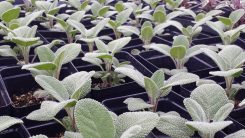 Do you have a funny/interesting/surprising story about your business?
Do you have a funny/interesting/surprising story about your business?
You might notice that in the spring we list a lot of herb, pepper, and tomato transplants. Here’s why: When we quit chemistry to start gardening, we had very little growing experience. So while we were taking a giant leap in life, we were also reading and planning and being overcautious about every little thing we did. One night in April, not long after we had moved our tomato and pepper transplants to our unheated greenhouse, the temperature was forecasted to drop to 40 degrees. Anxious that 40 was getting too close to freezing, we lugged space heaters out to the greenhouse, swaddled our little plants in bed sheets, and then took turns watching our greenhouse from the kitchen window.
Eventually my dad, who’s always been a big help to us, went out to the greenhouse for a closer look. When he came back, the report was grim.
“I can’t see much, but we may have lost them all,” he said, shaking his head.
Tim and I took flashlights out to the greenhouse to see what we could see, but it was hard to tell how the plants were doing, since they were wrapped in sheets. “Well,” we said. “We’ll just have to pray and wait for morning.”
Long story short, the plants came through the night happy and healthy. Our gardening books were right after all: It takes a good 32 degrees to freeze a tomato or pepper plant. Later that spring, visitors to our farm kept telling us how “beautiful” and “healthy” and “vibrant” our seedlings looked. We smiled and said thanks and didn’t let on how much care we’d put into those plants.
These 12 years later, we look back on that night and laugh, and we also pause to recognize the really great thing that came out of that first spring in the garden: We were so terrified at not being good gardeners that we overcompensated. The result was lots of extra beautiful seedlings to take to market. They sold in a snap. And that’s how we got into selling transplants, which we’re still doing to this day.
Check out Pickle Creek’s full selection by clicking here!
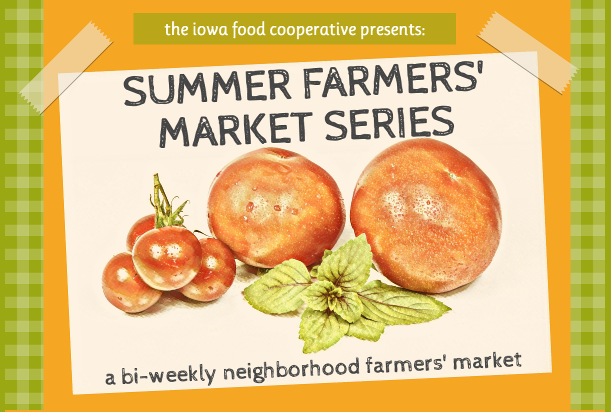
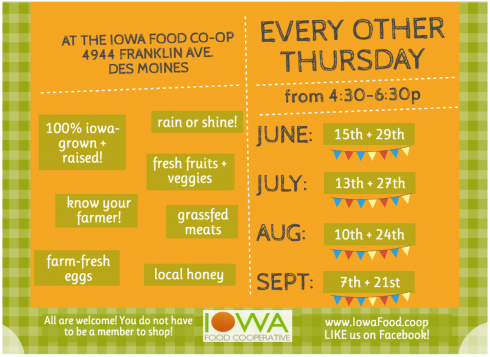


 What does your farm or business specialize in? What is your primary business model?
What does your farm or business specialize in? What is your primary business model? Do you have a funny/interesting/surprising story about your business?
Do you have a funny/interesting/surprising story about your business?